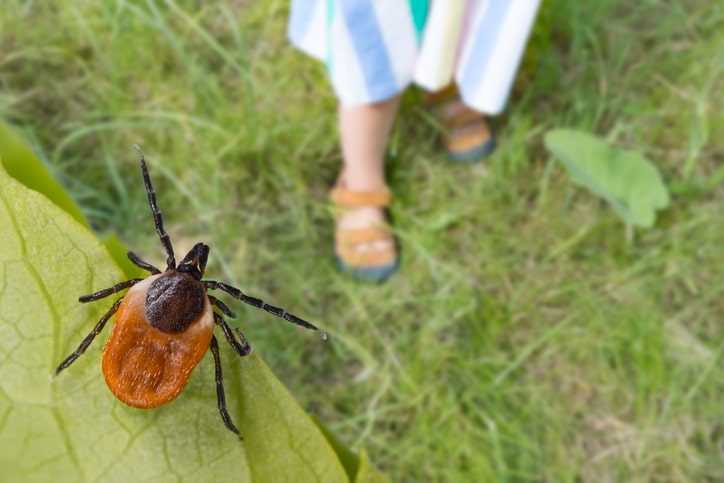Spring in Arlington offers bright blooms and warmer weather. But pests come out of hiding as flowers blossom and grass turns green during this season. Insects and rodents become more active, looking for food, mates, and shelter. Sadly, some of these species can cause damage or health problems. Your knowledge of the common spring pests can help you prepare for possible emergence and contact a pest control team at greenpestservices.net. Green Pest Services is always available to address your pest problems and help you take measures to prevent future issues. They usually handle the following pests in spring:
Ants
Ants live in large colonies and work tirelessly to find food sources. That is why they can be led straight into kitchens or pantries. Odorous house ants, pavement ants, and carpenter ants are the most common types in Arlington.
Odorous house ants get their name from the foul smell they release when crushed. Pavement ants build their nests in cracks along driveways, sidewalks, and foundations. Carpenter ants are the most concerning, as they burrow through damp wood to create nests. Such an activity can lead to structural issues. They enter homes through tiny cracks and gaps, leaving long trails as they move between their nest and food. Keep counters clean and seal entry points to prevent ants from making their way into your home. Also, store food in airtight containers to stop them from taking over.
Termites
Spring marks the start of the termite swarming season in Arlington. During this time, winged termites leave their colonies to start new ones, often near or inside homes.
Subterranean termites are the most common in the area. They build their nests underground and travel through mud tubes to reach wooden structures. They feed on wood from the inside out, making damage difficult to detect early. Signs of a problem include discarded wings, hollow-sounding wood, or mud tubes along the foundation. Remove wood debris near the home and fix moisture issues to keep them away.
Mosquitoes
Mosquitoes thrive in Arlington’s mild, humid spring weather. They start breeding as soon as temperatures stay above 50°F. They usually use standing water in gutters, flowerpots, and birdbaths as breeding grounds.
Aside from their itchy bites, mosquitoes can transmit diseases such as West Nile virus. Their populations can grow fast if left unchecked. Remove stagnant water and maintain trimmed grass to reduce their populations. Also, use fans or citronella near outdoor seating areas for an extra layer of protection.
Ticks
Ticks are more active in spring as they search for hosts to feed on. Arlington’s parks, hiking trails, and wooded areas provide perfect habitats for them. Ticks latch onto pets, people, or wildlife passing through grassy or wooded spaces. They can spread Lyme disease and other infections. Their bites often go unnoticed until symptoms appear. You can prevent tick-related issues by checking yourself after spending time outdoors. Also, keep lawns trimmed and use tick repellents to reduce exposure.
Wasps and Hornets
Spring is the nesting season for wasps and hornets in Arlington. These stinging insects build their colonies under eaves, decks, and tree branches. Early nests are small, but they can grow large enough to pose serious problems by summer.
Wasps feed on protein during spring as they raise their young. Thus, they can be attracted to outdoor picnics and barbecues. Hornets defend their nests fiercely when disturbed. A sting can be painful. But multiple stings may trigger allergic reactions.
Inspect outdoor spaces early in the season and remove small nests to control the population of these stinging insects. Seek professional help if a nest is large or in a hard-to-reach spot.
Flies
Flies thrive on organic matter such as garbage, compost, and animal waste. Houseflies and fruit flies are common during spring in Arlington. They can carry bacteria from one surface to another. They contaminate food and spread germs. Keep trash bins covered and clean drains to make your space less attractive to flies. Also, wipe surfaces to keep them away from your property. Also, screens on windows and doors to prevent them from entering.


